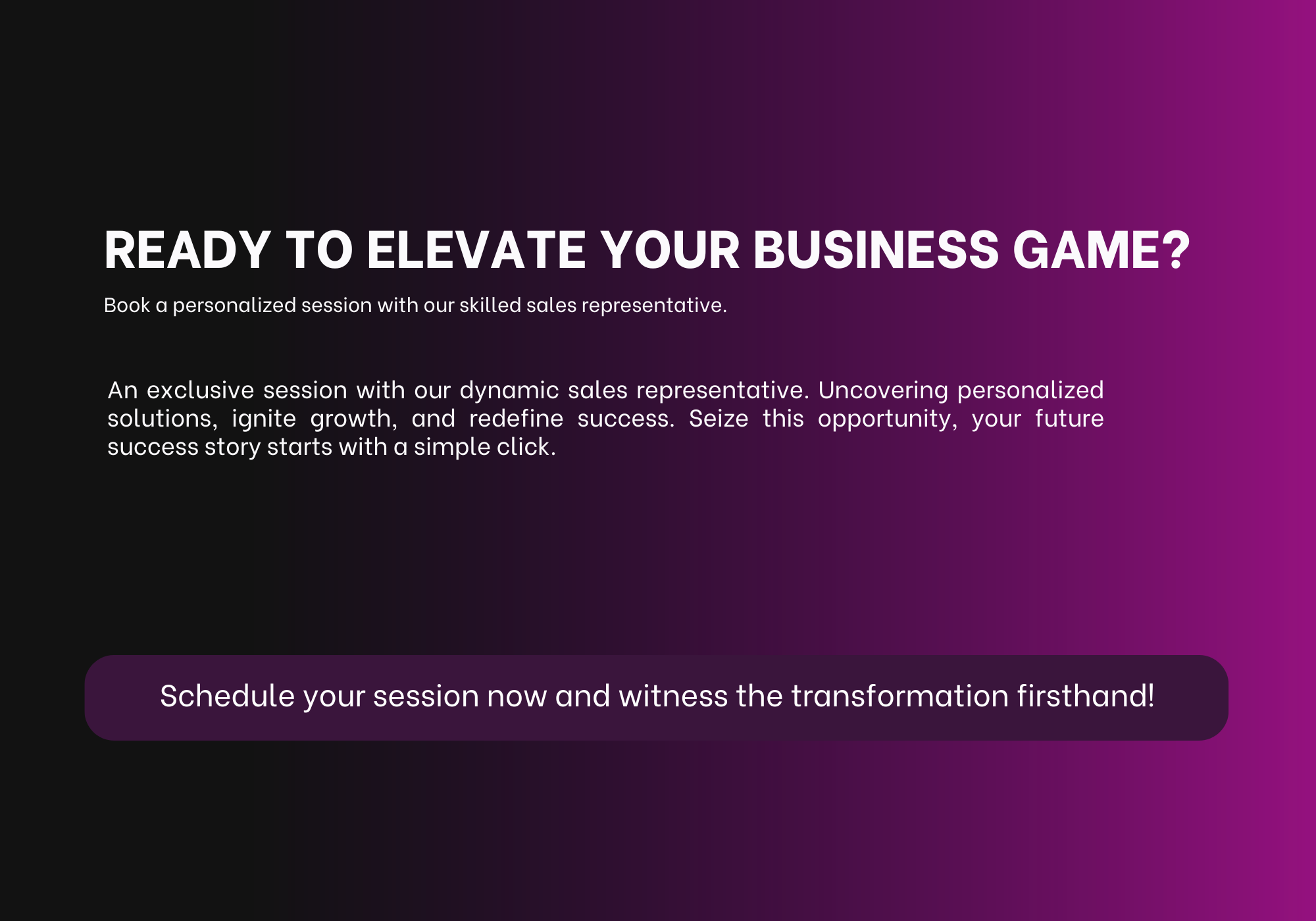Ethical marketing is a methodology of marketing a product or a service based on ethical principles of honesty, fairness, responsibility, and respect towards society and nature. Ethical marketing involves much more than merchandising the product; it involves having sight into the social, environmental, and ethical implications of the marketing strategies and having them led by values beneficial not only to the company but to the rest of society too.
Why It Matters in 2025
In 2025, consumers will be more informed and aware of the influence their purchasing decisions have on society and the environment. The public now demands that businesses act according to their values, e.g., being sustainable, fair, and transparent. Ethical marketing is useful in building trust and loyalty since customers will prefer companies they view as ethical and socially responsible.
Social Media Influence: Social media has given consumers a direct and powerful voice. Greater awareness and access to information enable people to criticise companies that engage in unethical behaviour easily. Bad publicity spreads quickly, damaging the reputation of a brand. Ethical marketing minimises this threat by being transparent and honest in communication.
Regulatory Pressure: Regulators and governments are increasingly putting stricter controls on advertising, product claims, and privacy of data. Ethical marketing operates within the regulations, maintains good relationships with the regulators, and avoids getting into hot water legally.
Sustainability and Climate Change: As the urgency of climate change heightens, ethical marketing is a significant driver of sustainability. Firms dedicated to environmental supervision, from environmentally responsible sourcing of materials to reducing their carbon footprint, not only contribute to global solutions but also become aligned with the values of green consumers.
Human Rights and Fair Trade: Ethical marketing ensures that companies respect human rights, fair labour practices, and community welfare. In 2025, brands that engage in fair trade and support social causes have a competitive advantage, as people are more likely to support companies that treat workers fairly and contribute to positive social change.
Brand Reputation and Long-Term Growth: Ethical marketing is not just about keeping out of the news; it’s a means of building a good, solid reputation. Businesses that carry out ethical marketing have greater customer loyalty, better employee morale, and a more positive reputation among the general public. This, in turn, converts into long-term success and profitability, as increasingly more consumers seek out brands that reflect their values.
Technological Integration and Ethical AI: With more AI on the rise and data marketing strategies in action, ethical marketing in 2025 will also involve responsible use of data and making sure AI technologies are utilised ethically. This includes guarding privacy, avoiding biased algorithms, and making sure marketing methods don’t manipulate or take advantage of vulnerable populations.
As we move deeper into 2025, ethical marketing is not just a trend; it is a business imperative. It signals not just a company’s commitment to moral responsibility but also respect for the new landscape of shifting consumer expectations, technological advancement, and global issues. For companies that are at the forefront of ethical marketing, there are the rewards: stronger connections with customers, enhanced reputation for the brand, and long-term success.


